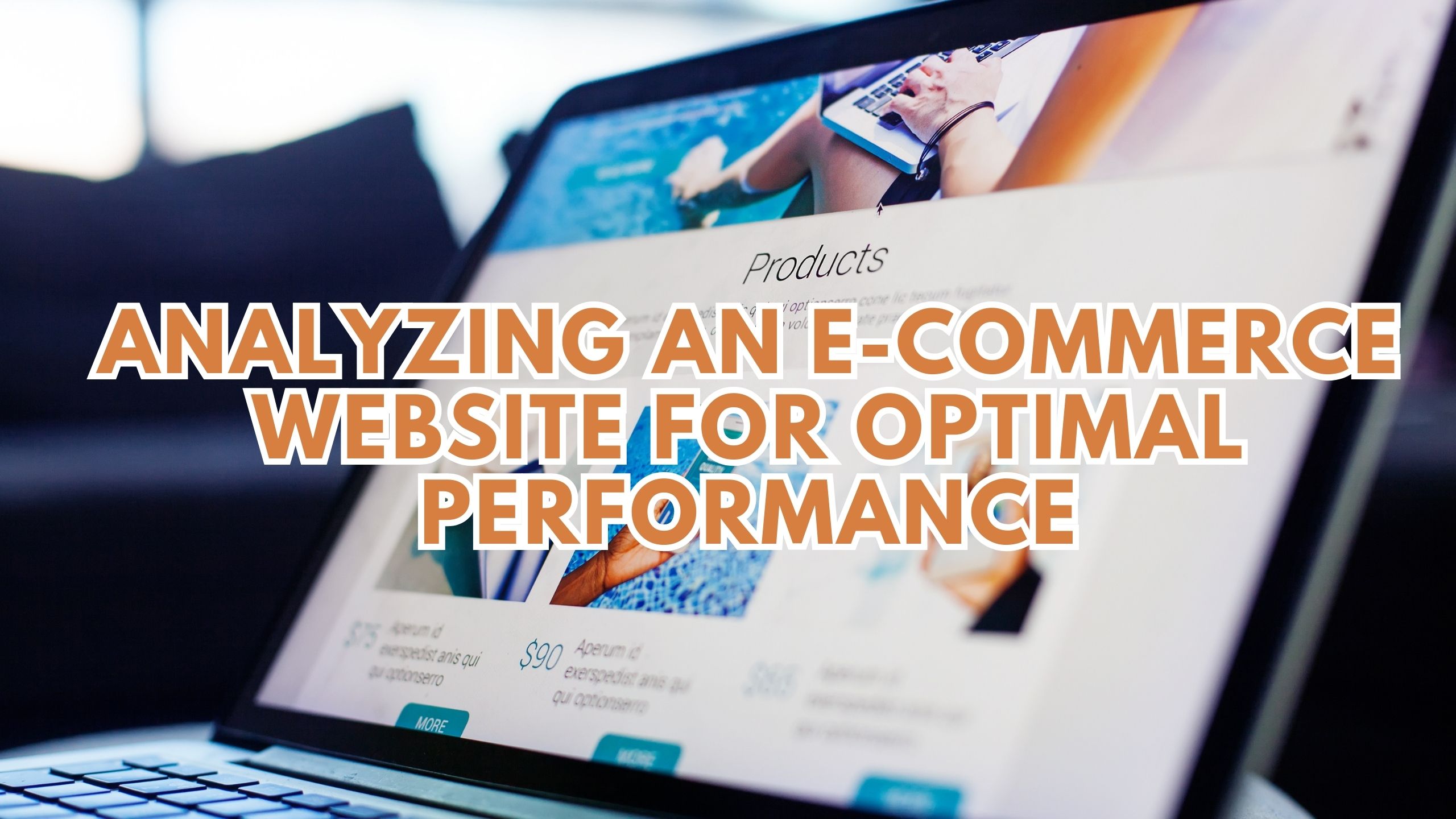Analyzing an E-commerce Website for Optimal Performance
- Data as a Service (DaaS) Software Marketing & Analytics


Analyzing an E-commerce Website for Optimal Performance
Running a successful e-commerce website requires a keen understanding of its performance metrics and user interactions. This blog explores the essential aspects of analyzing an e-commerce website for optimal functionality and outlines five relevant SaaS products that empower businesses in this pursuit.
1. Google Analytics: Unveiling User Behavior
Google Analytics is a foundational tool for analyzing website traffic, user behavior, and conversions. By gaining insights into visitor demographics, popular products, and conversion funnels, businesses can optimize their e-commerce platforms for enhanced user experiences and increased sales.
2. Hotjar: Visualizing User Interactions
Hotjar provides tools for website heatmaps, session recordings, and user surveys. This enables businesses to visualize how users interact with their e-commerce site, identify pain points in the user journey, and make data-driven decisions to improve overall website performance.
3. Optimizely: A/B Testing for Optimization
Optimizely is a robust platform for A/B testing and experimentation. E-commerce businesses can utilize Optimizely to test different variations of their website elements, such as product pages or checkout processes, and determine which configurations lead to higher conversions.
4. SEMrush: Analyzing Competitor Performance
SEMrush goes beyond individual website analysis by providing insights into competitor performance. By understanding how competitors attract and engage customers, e-commerce businesses can refine their strategies, identify market trends, and stay ahead in the competitive landscape.
5. Yotpo: Managing User Reviews and Feedback
Yotpo focuses on user-generated content, particularly reviews and feedback. Managing and analyzing customer reviews is crucial for e-commerce success. Yotpo allows businesses to leverage positive reviews, address concerns, and use customer feedback to refine their products and services.
Conclusion
Analyzing an e-commerce website involves a multifaceted approach, considering user behavior, website interactions, A/B testing, competitor analysis, and customer feedback. By employing the right SaaS tools, businesses can make informed decisions to optimize their e-commerce platforms and deliver an exceptional online shopping experience.
Elevate Your E-commerce Analysis with Subscribed.fyi!
At Subscribed.fyi, we understand the importance of optimizing your SaaS stack for e-commerce success. Sign up for free today to access exclusive member-only deals on 100+ SaaS tools, potentially saving you over $100,000 per year. Streamline your subscriptions, compare tools effortlessly, and make informed decisions to enhance your e-commerce analysis capabilities.








